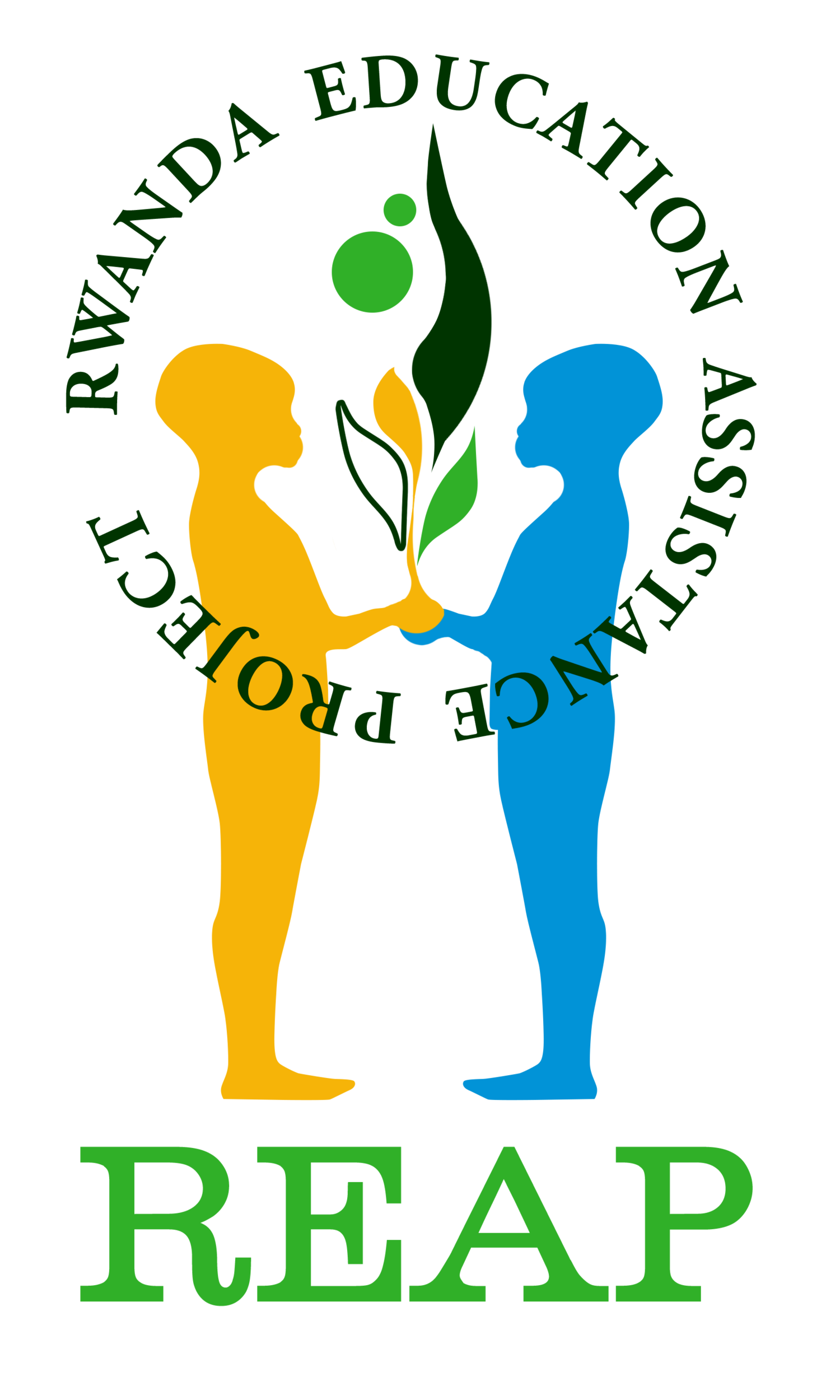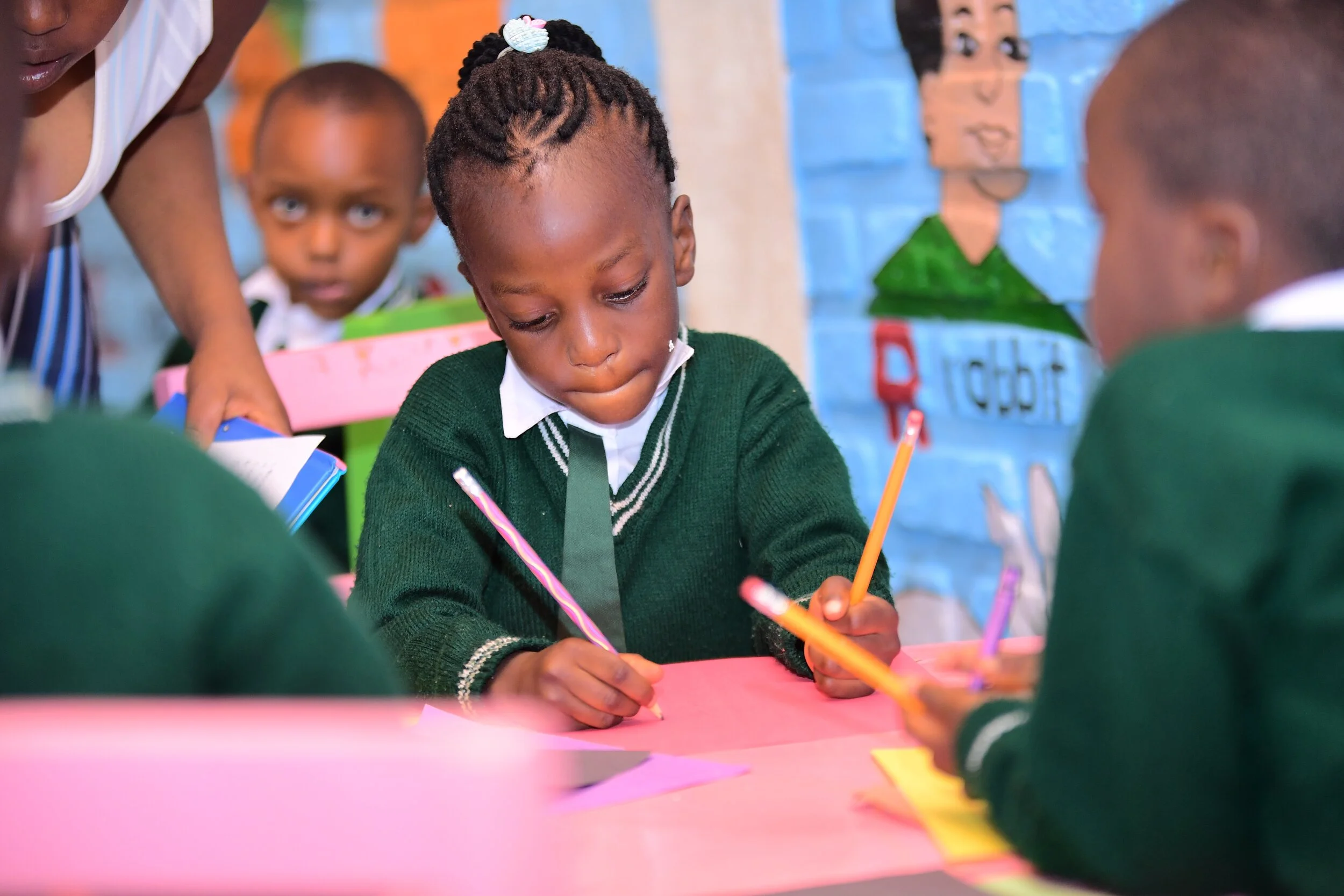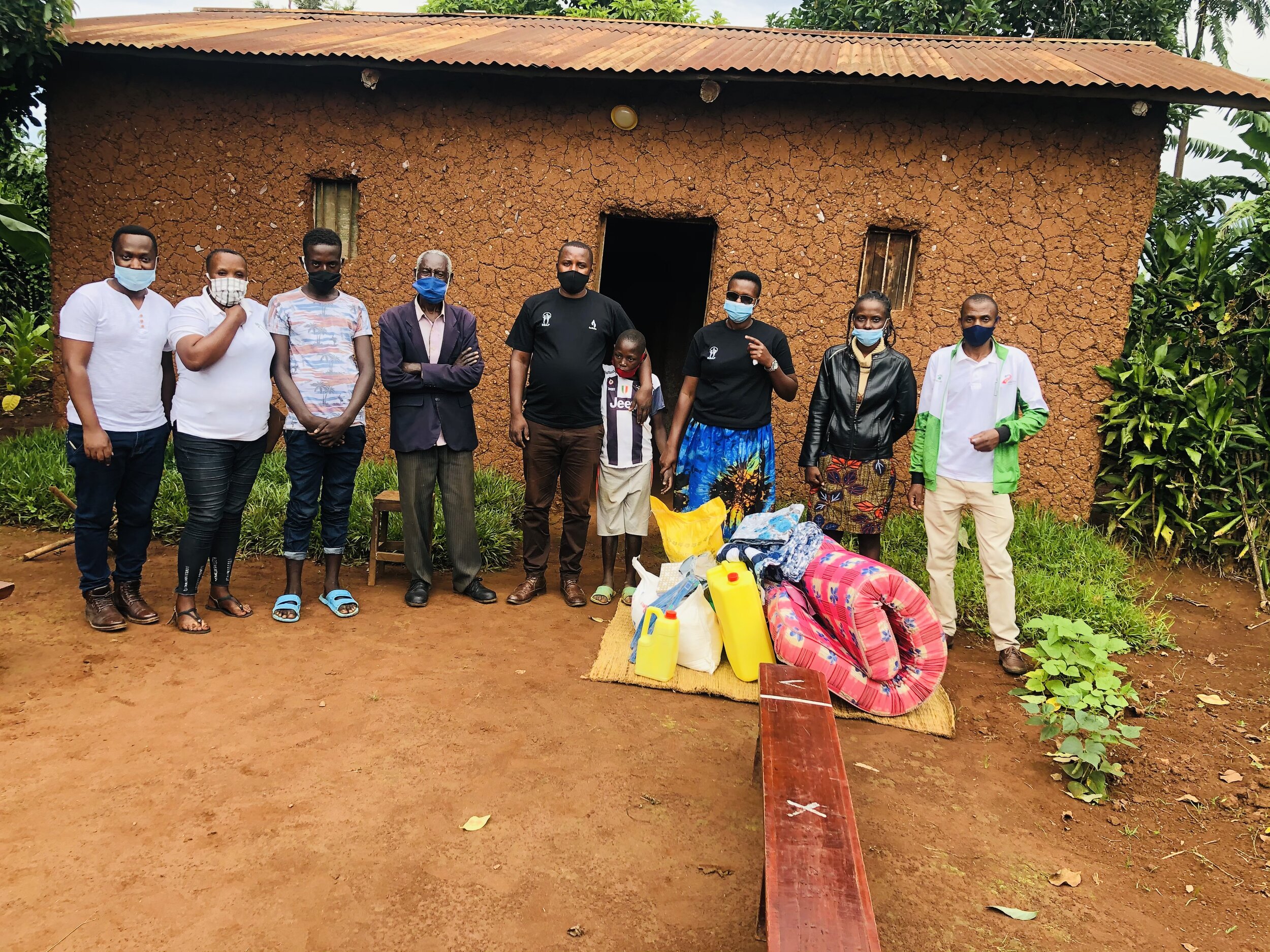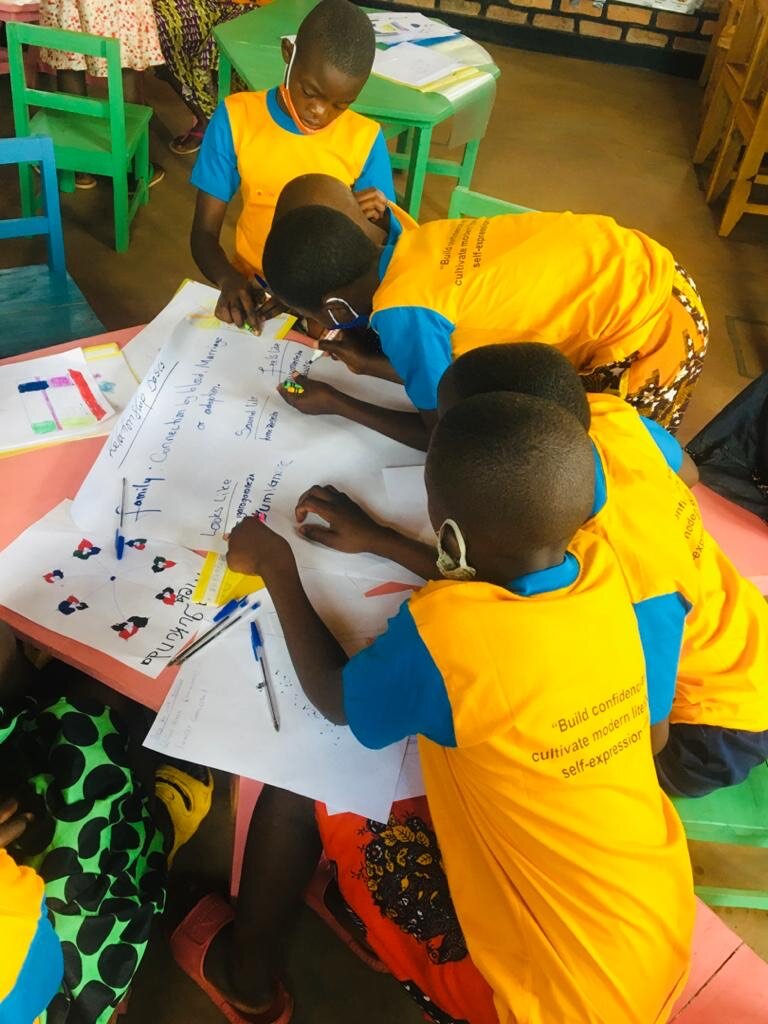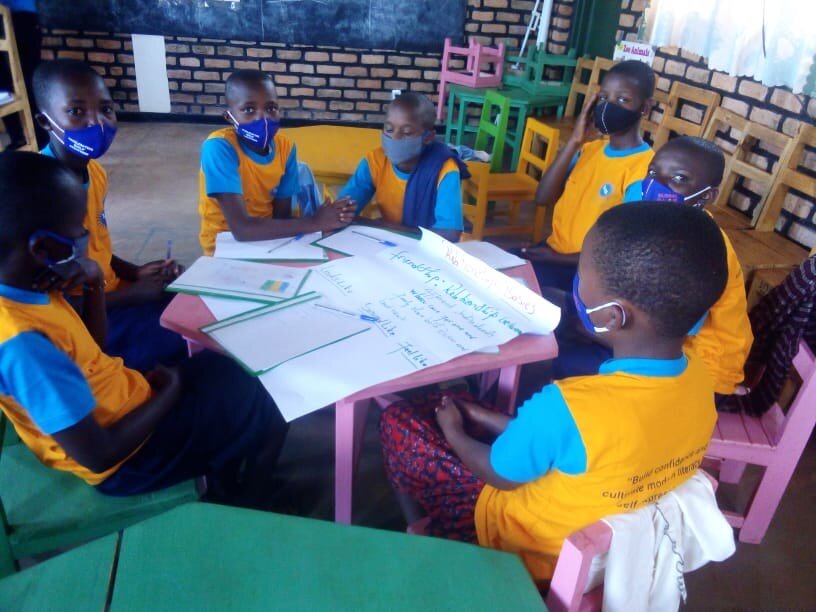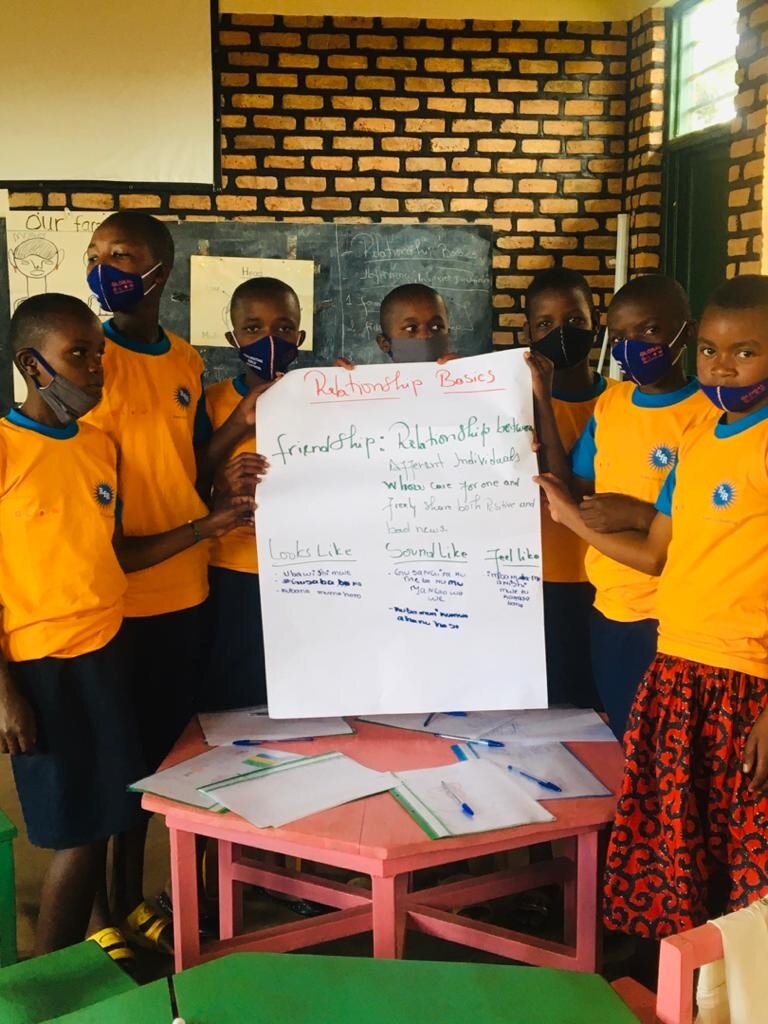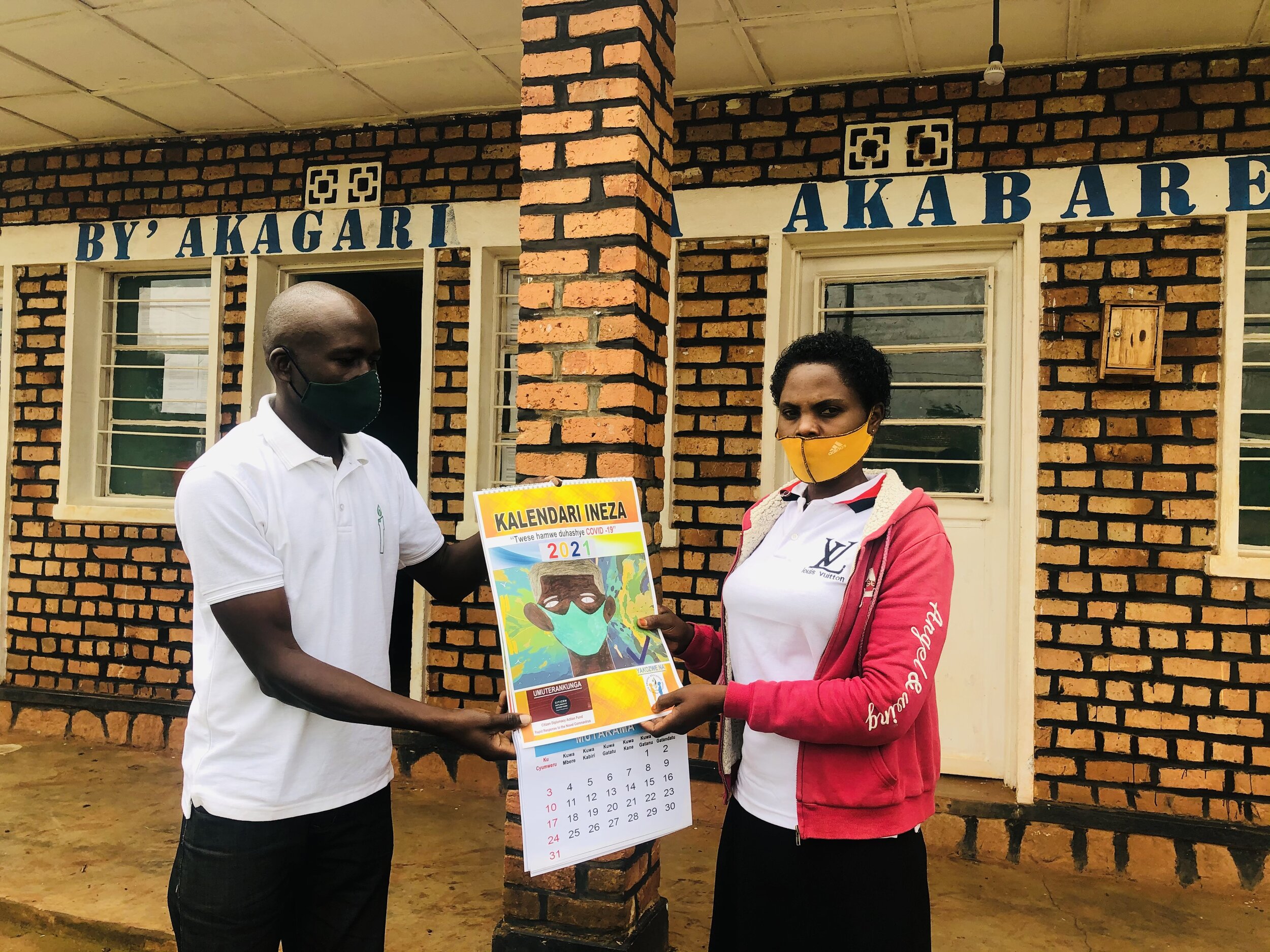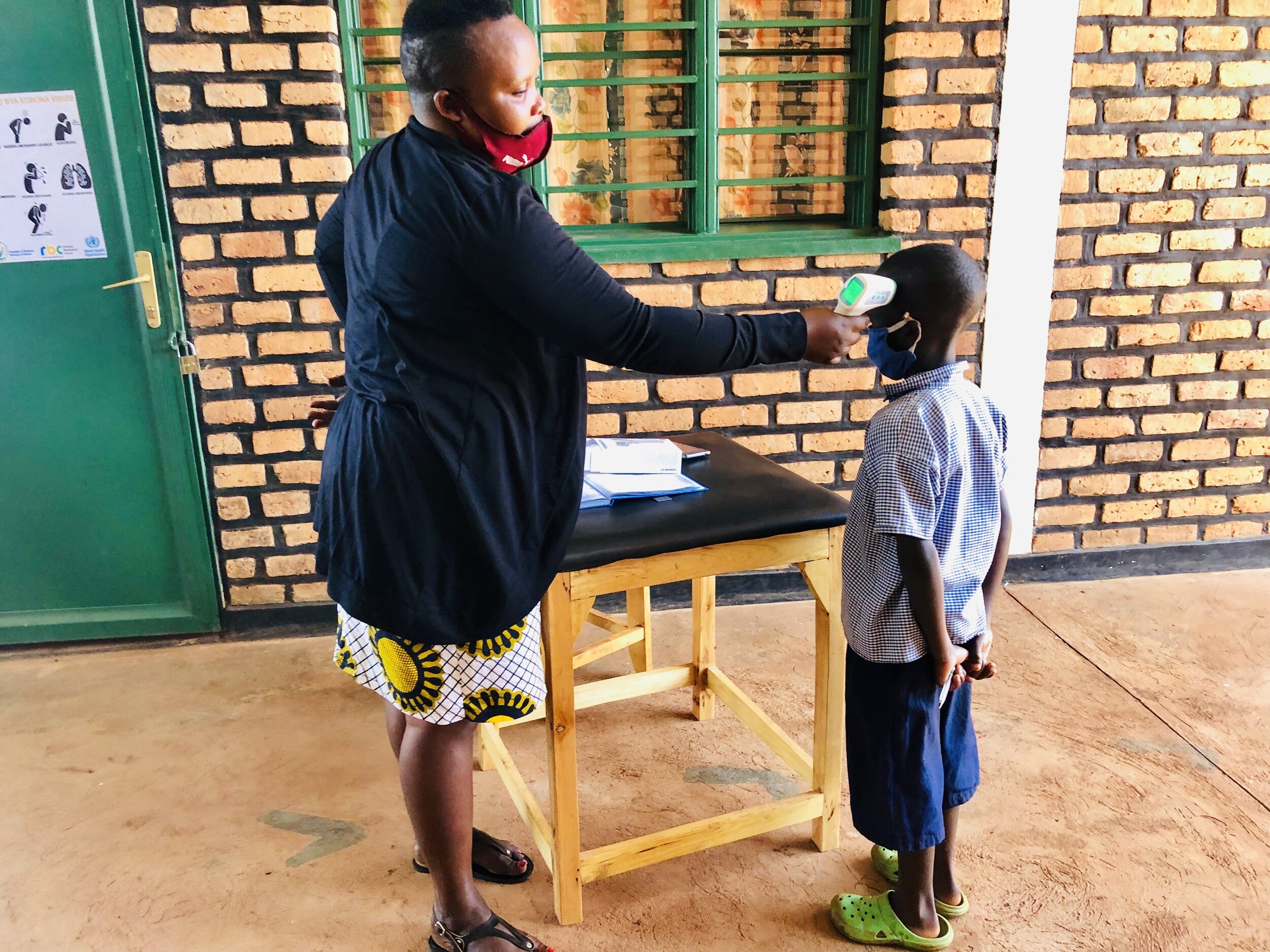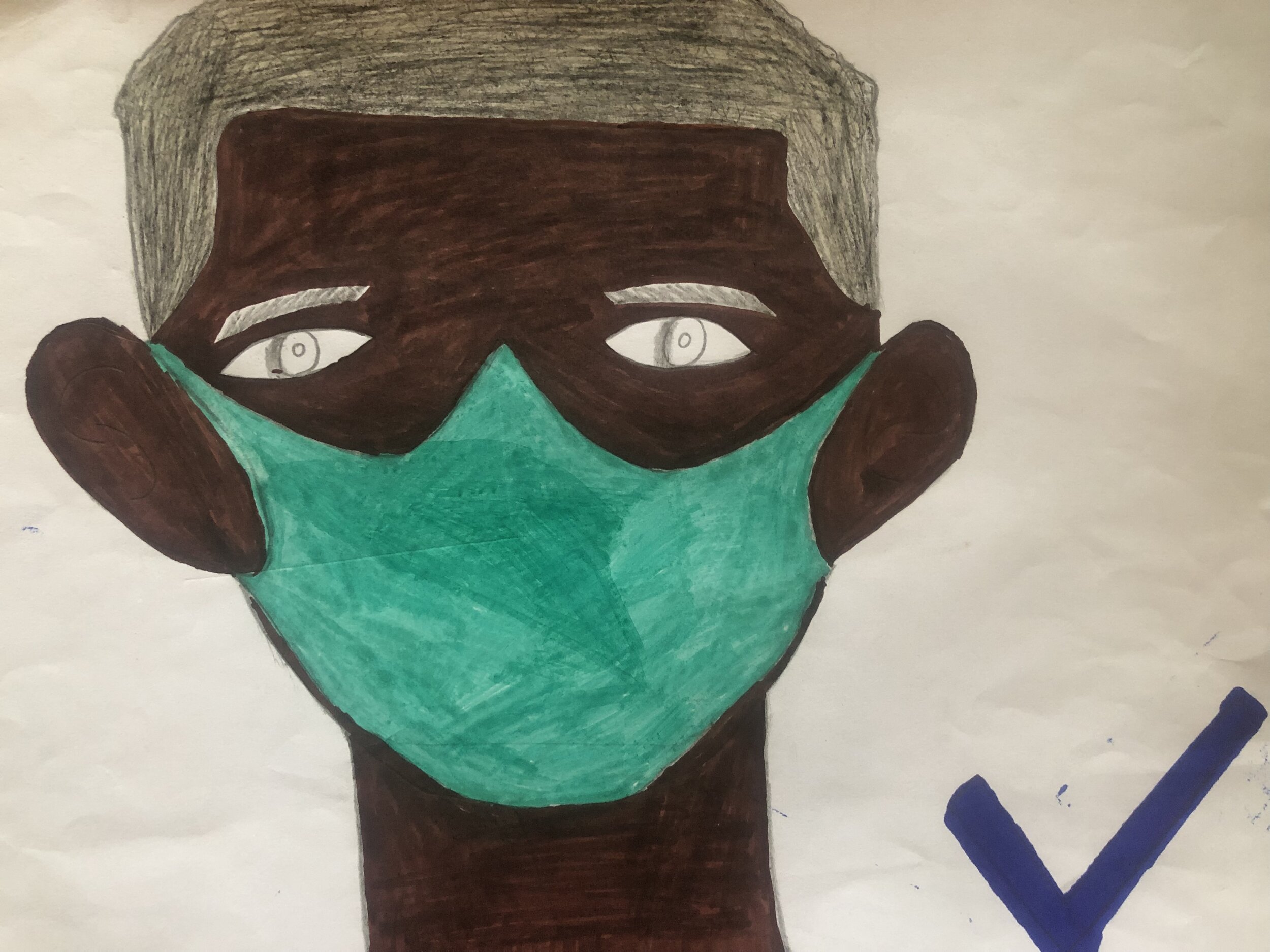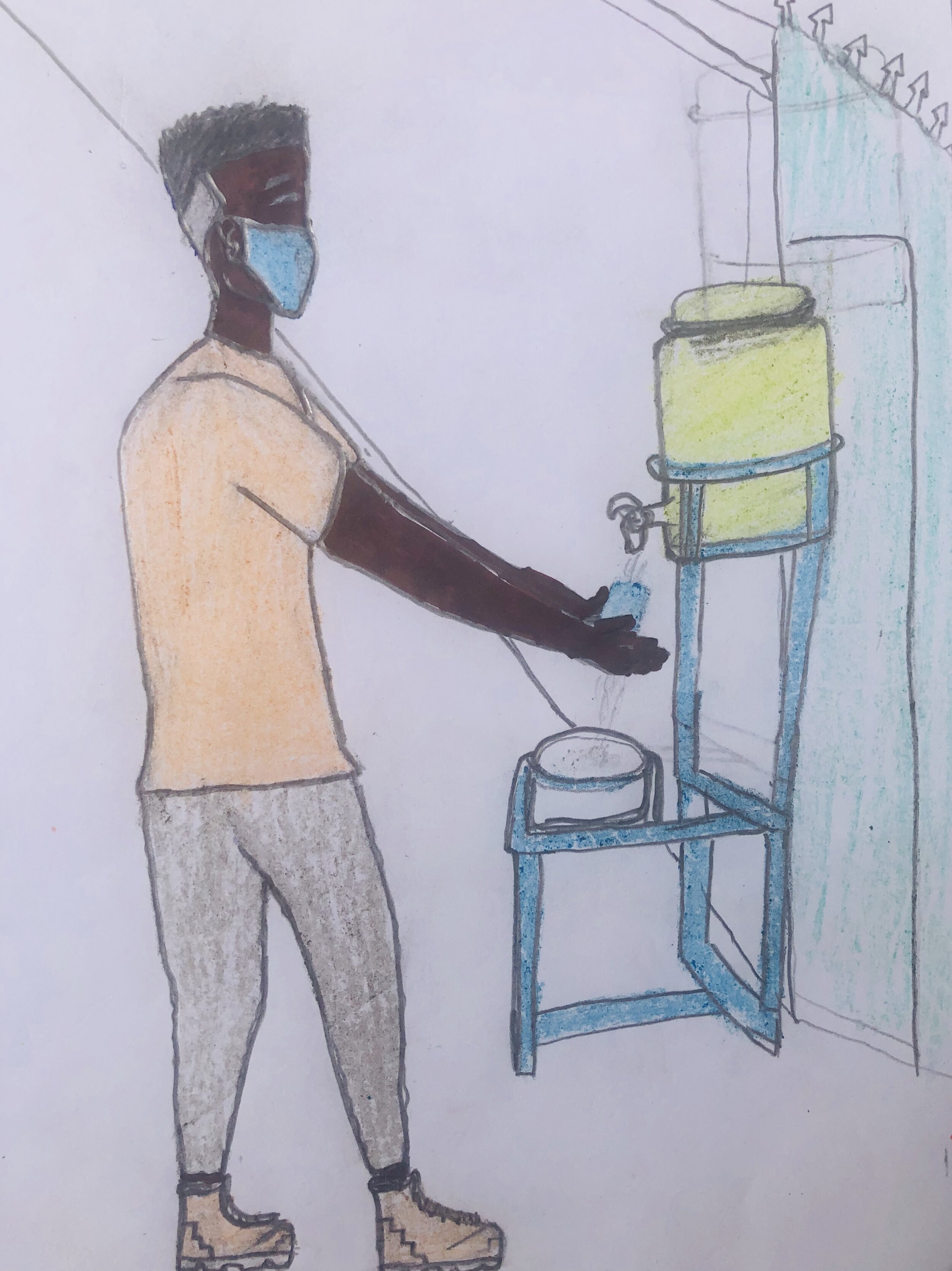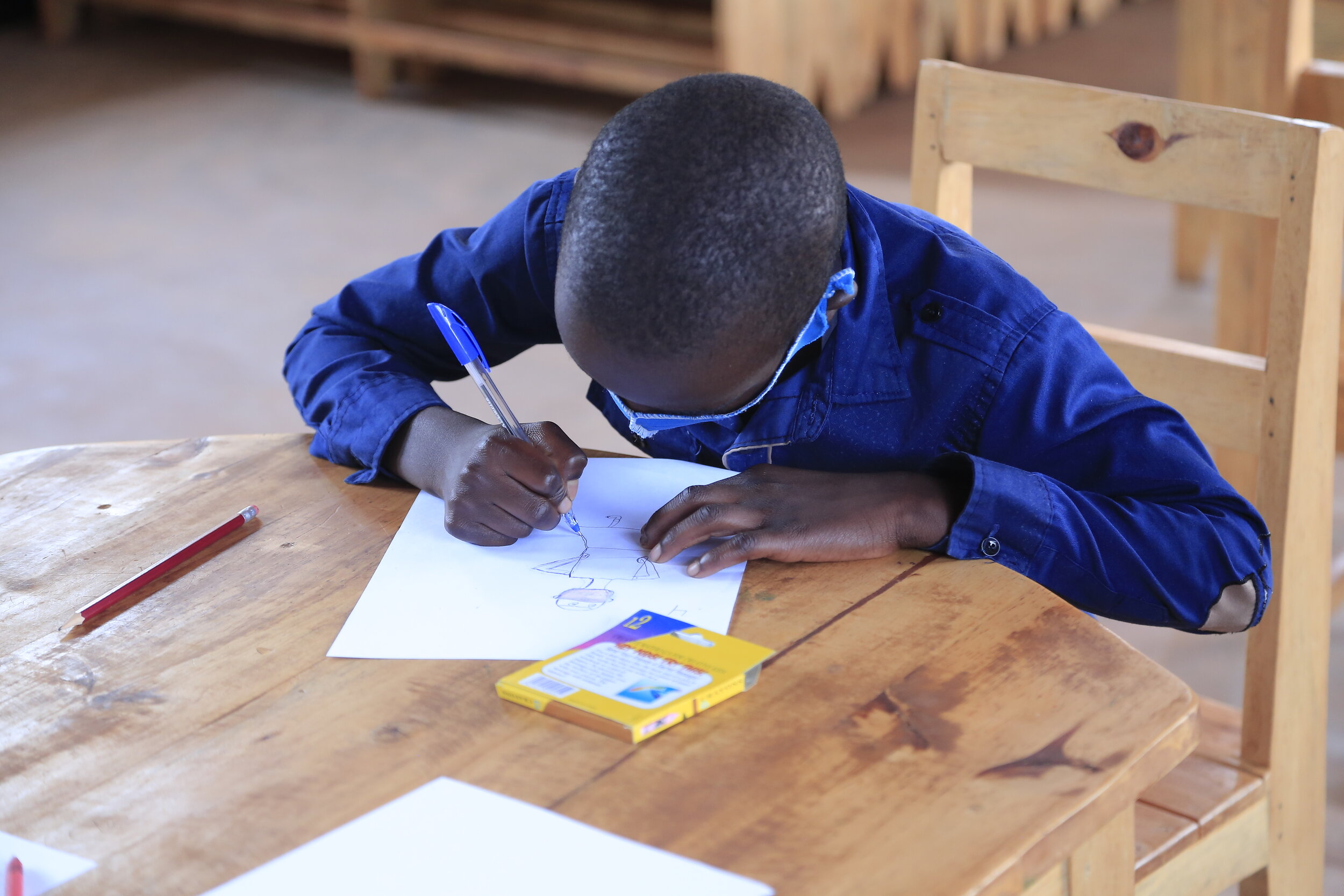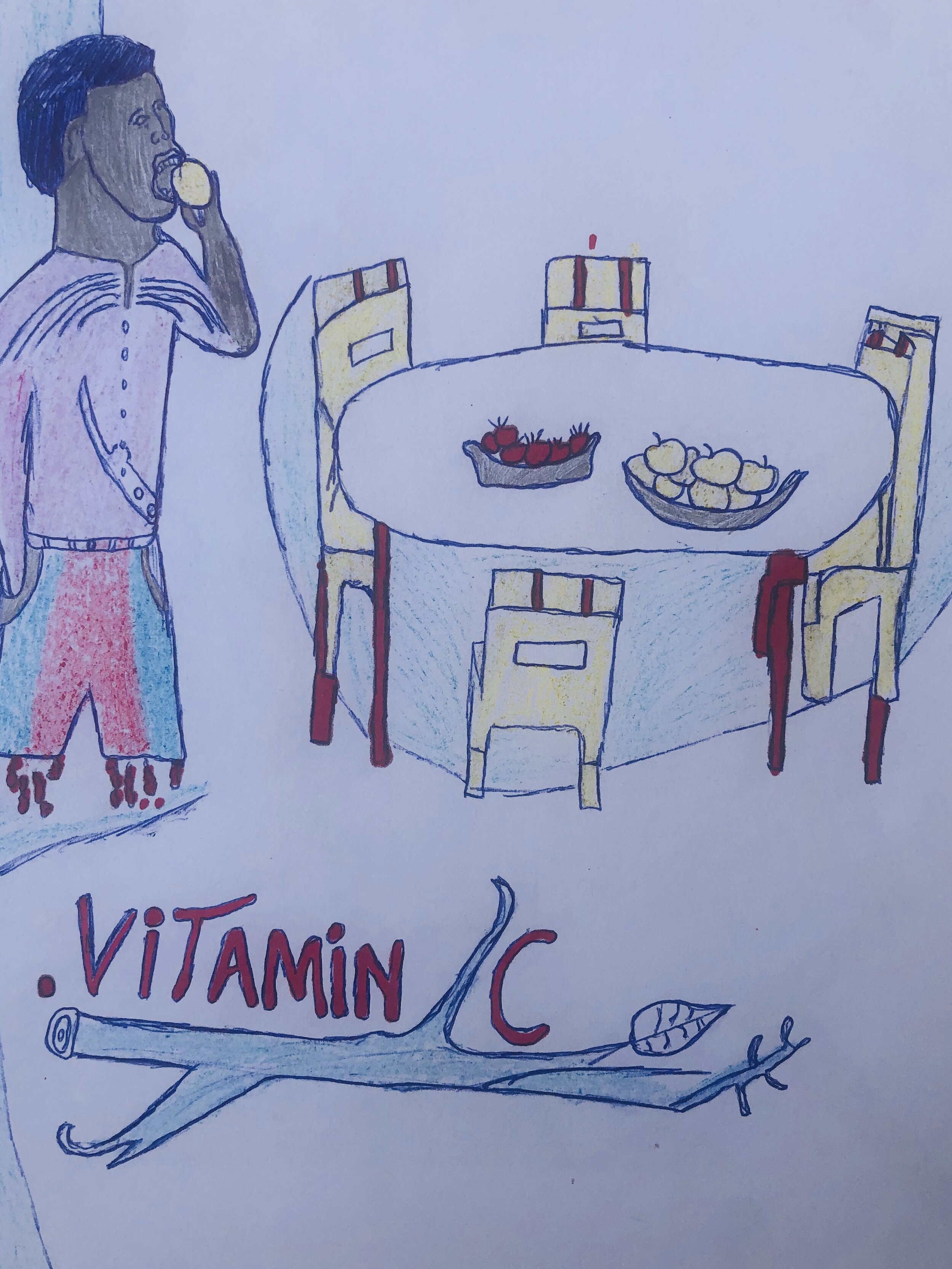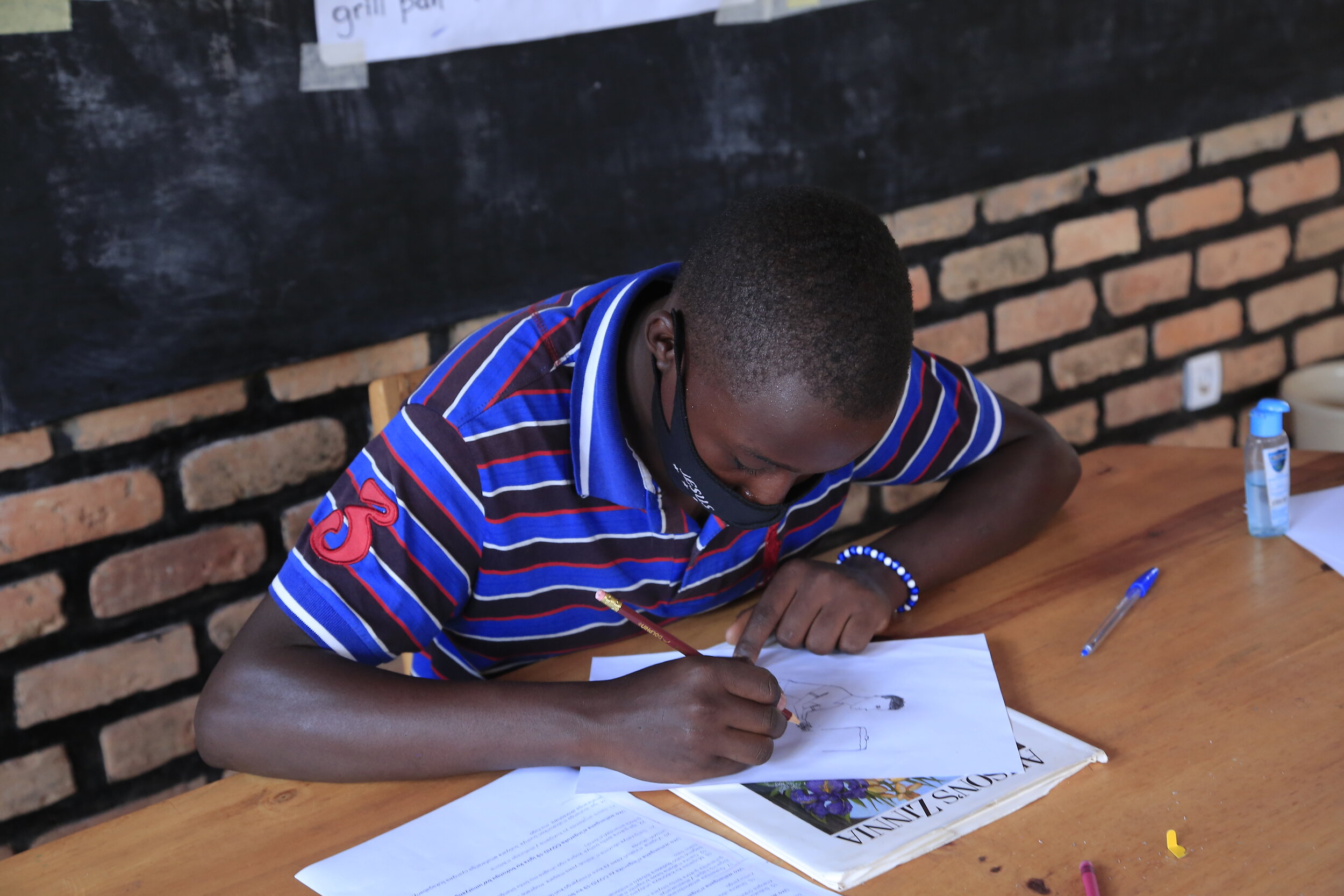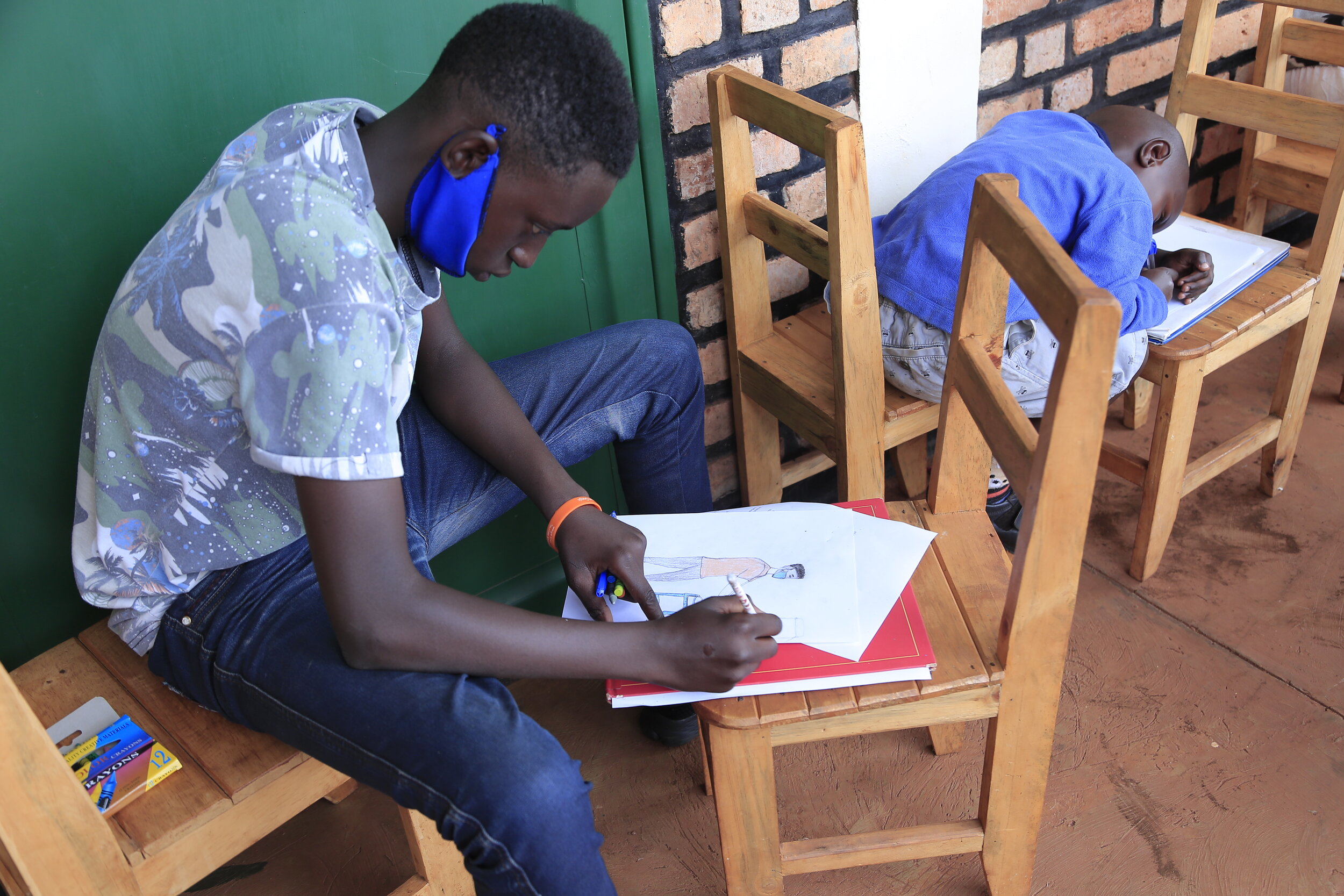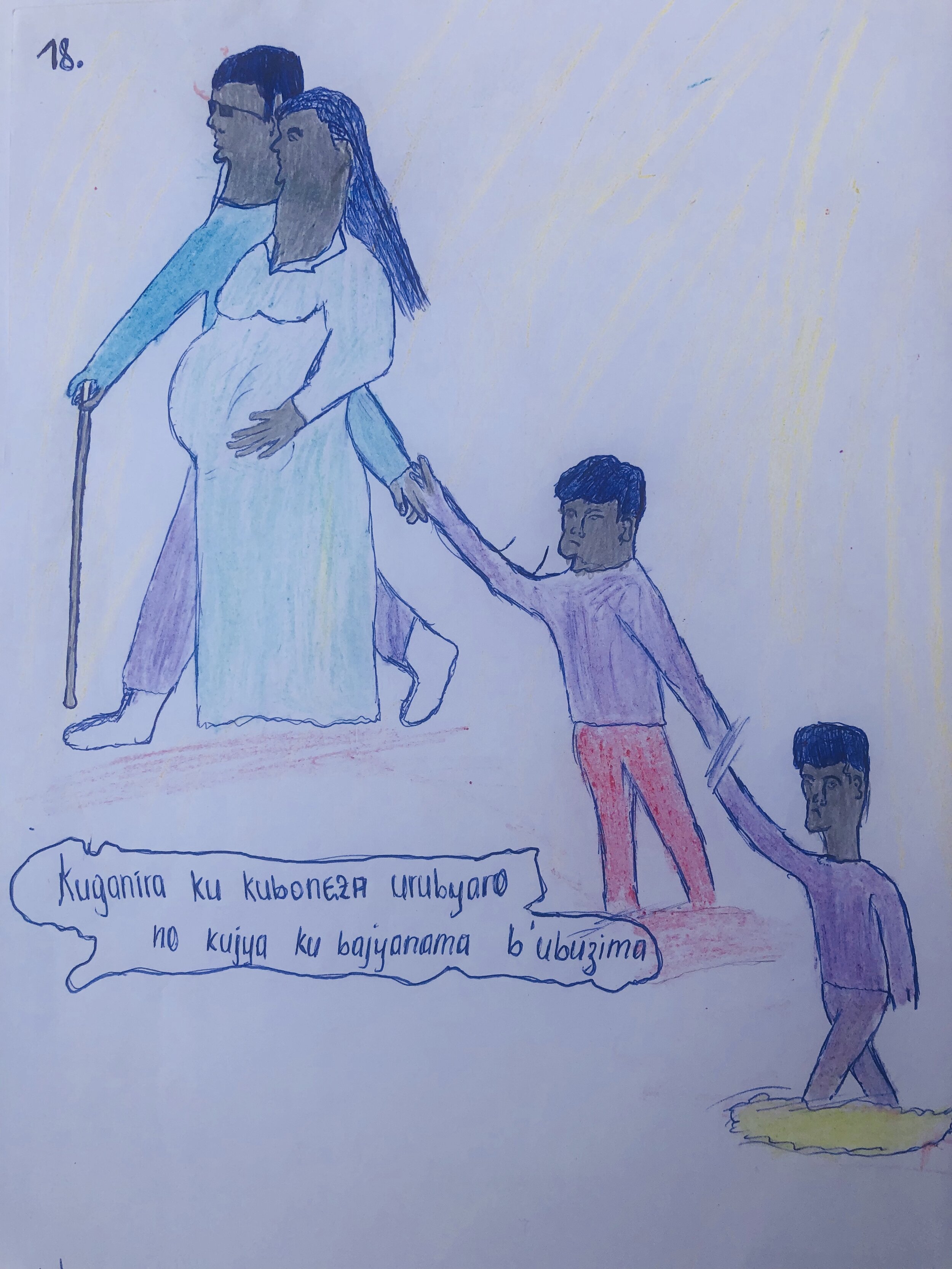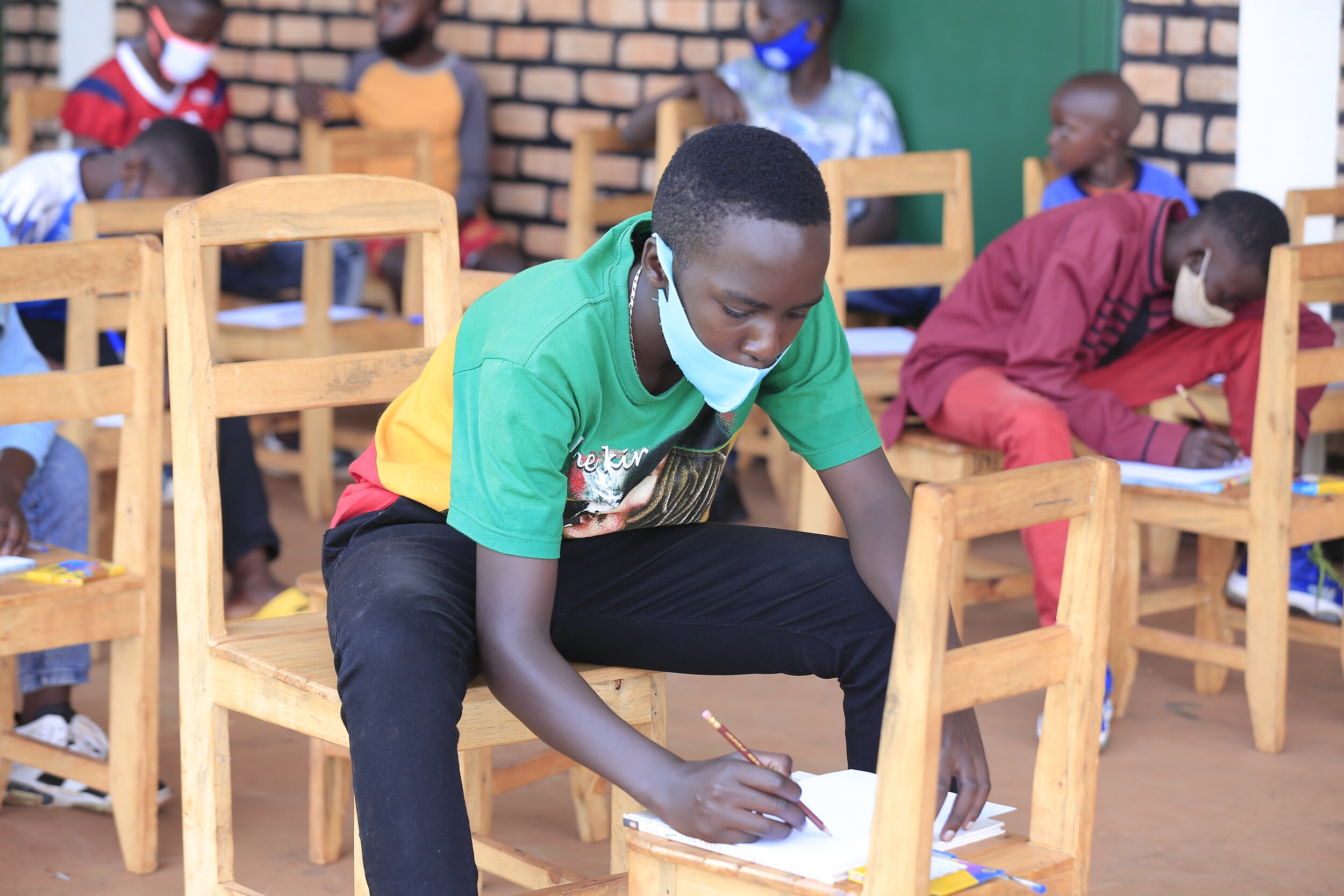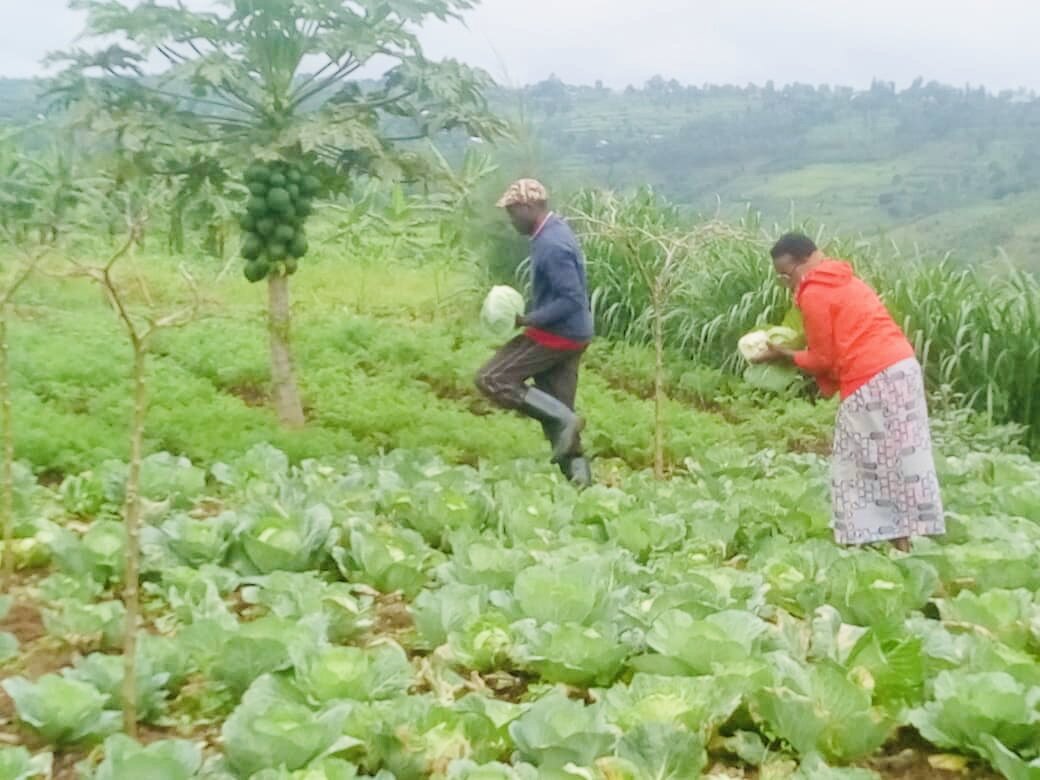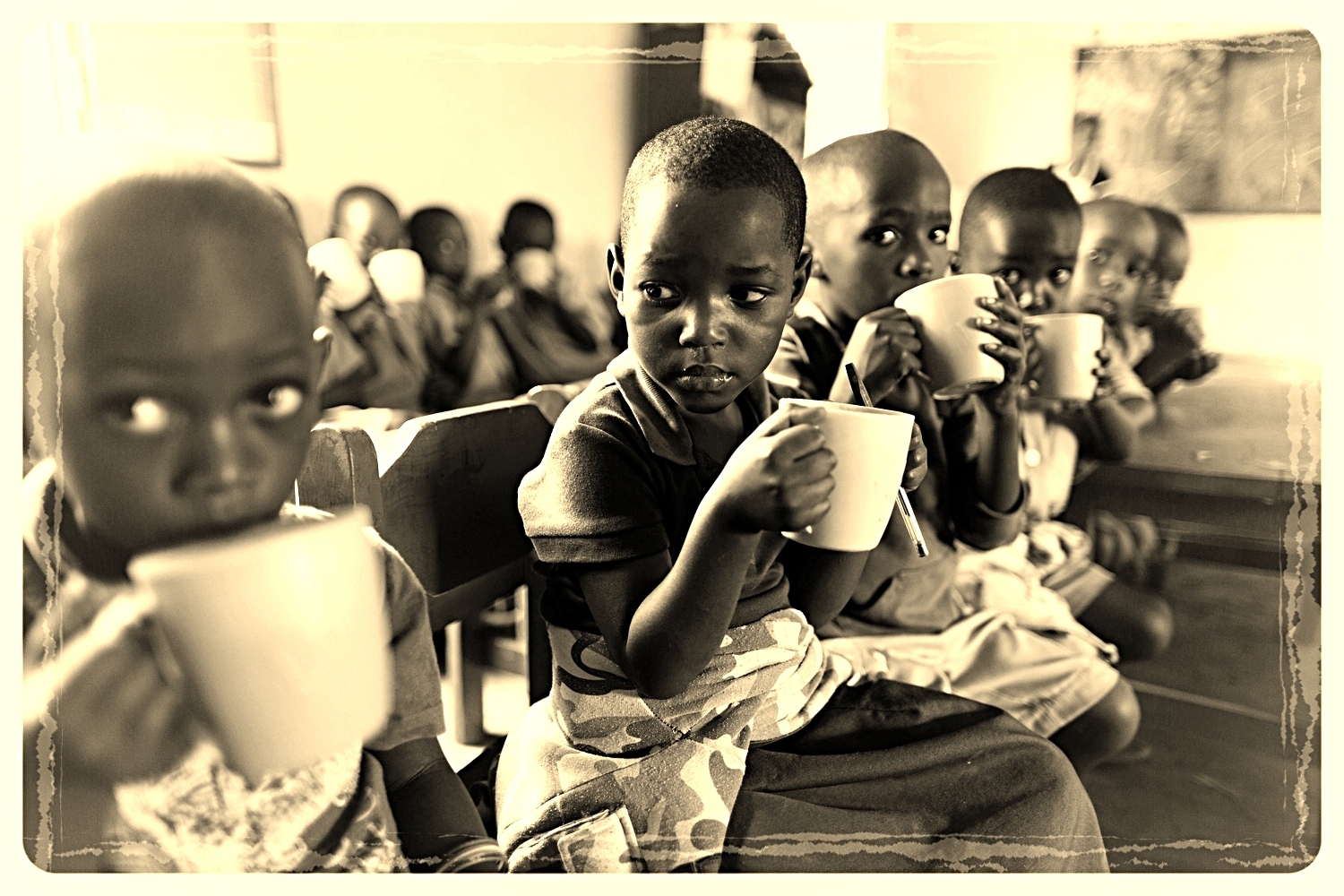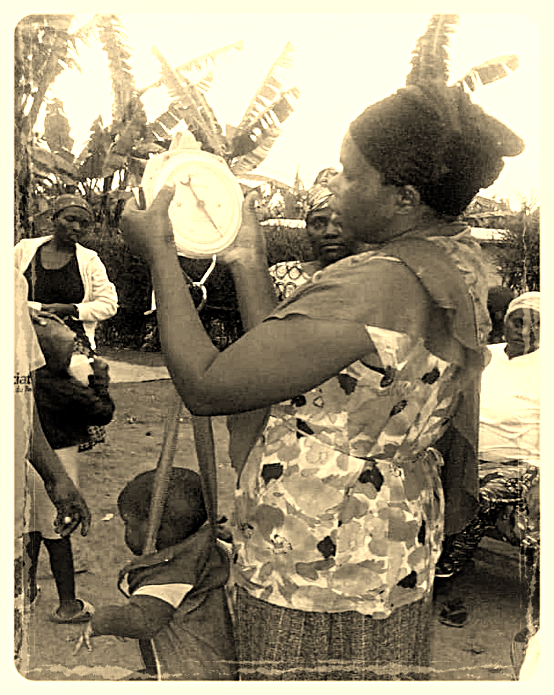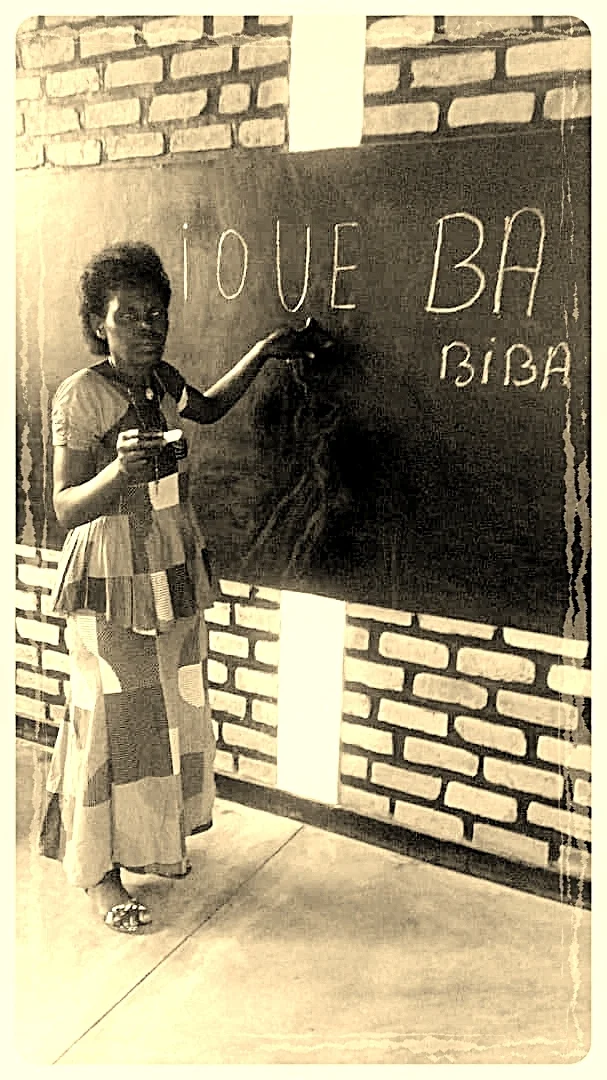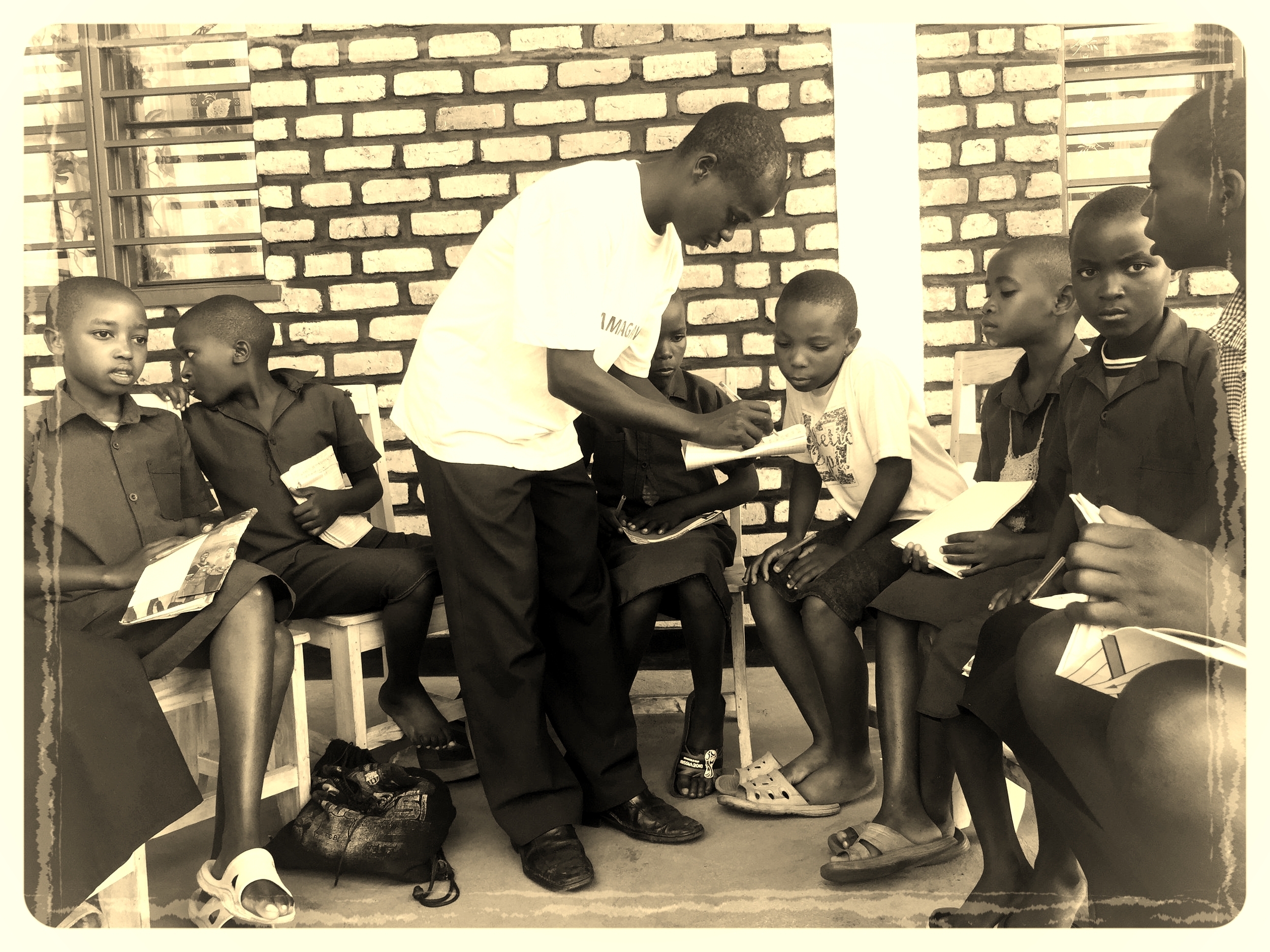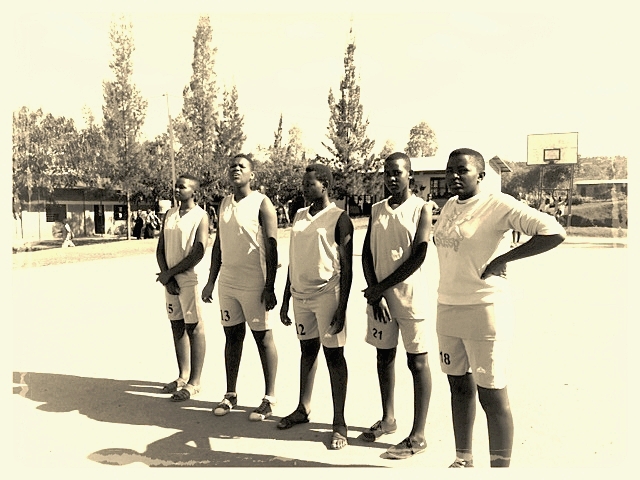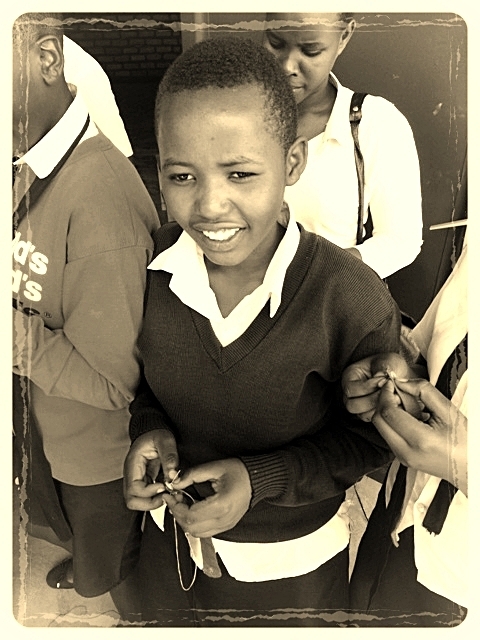Saturday tutoring boosts enrolment to schools of excellence
/In Rwanda, students take a national exam in grade nine. The score in the national exam determines the student’s major and the quality of school they move to for the rest of high school. In addition, a higher test score enables students to go to boarding schools (schools of excellence) which open more opportunities for further education and/or employment.
REAP started the Tutoring Program in 2014 to provide extra time on Saturdays for students to understand and review curriculum content as well as to practice and learn test taking strategies under guidance of the best teachers from the local schools.
This past year, the outcome was outstanding whereby all 140 students who participated in the program passed the national exam, 72 of whom went to boarding school. This is Duha school’s highest number of students going to boarding schools in its history.
